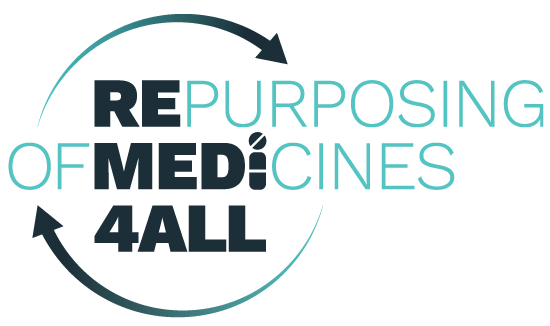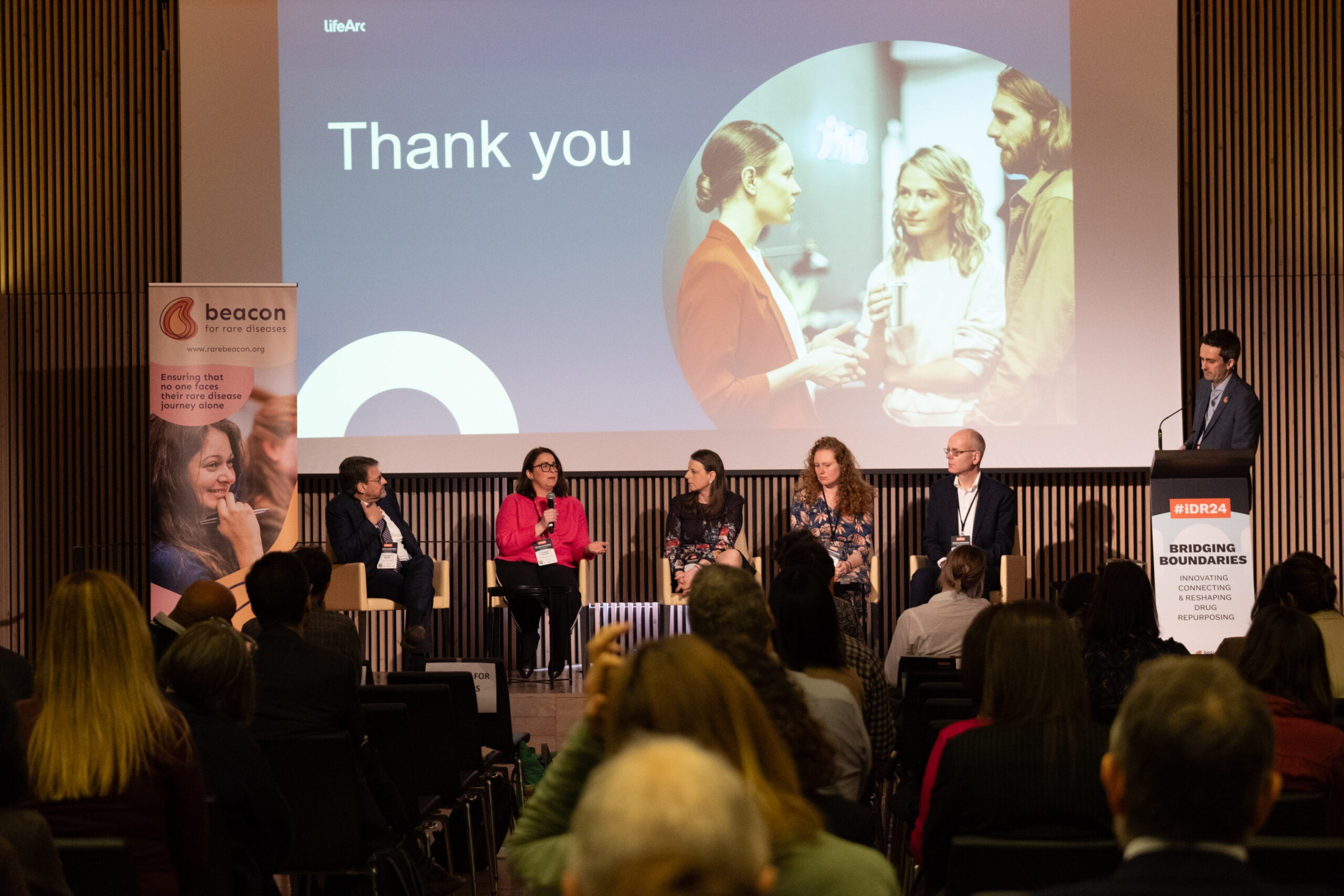#iDR24 offered the opportunity to explore and engage with content across three paths: Cancer, Methodologies and Rare diseases. Guided by three REMEDi4ALL partners, participants attending each path could discuss with guest speakers from around the globe latest advances in the field and share experiences and learnings.
Cancer
Led by the Anticancer Fund (ACF), the cancer path focused on a range of topics like trialling repurposed drugs with access to patients in mind or selecting the strongest repurposed drug candidates to move to the clinic.
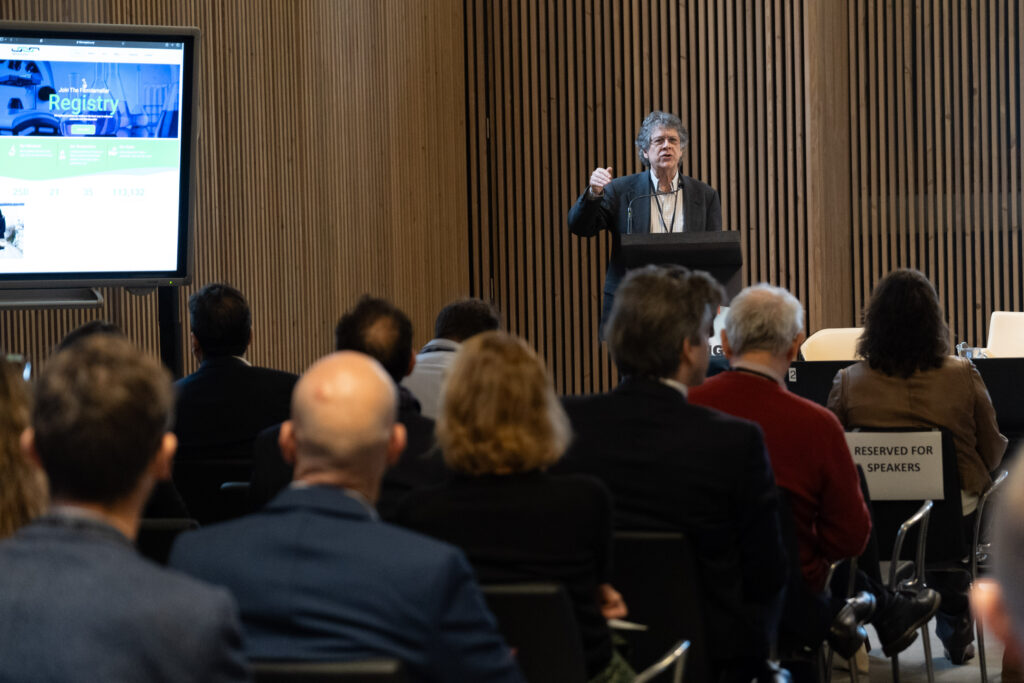
Sanford Simon, Professor at Rockefeller University, USA was a guest speaker in one of the sessions and stated: “I am very excited by both what I heard at the meeting and the potential for the future in bringing together all these stakeholders: The regulators, funders, scientists, clinicians, and patients. It was a powerful mix.”
Professor Ruth Langley of the MRC Clinical Trials Unit at University College London considers #iDR24 to be a unique and excellent multidisciplinary event that brought together academics, clinical trialists, potential industry partners and regulators to focus on opportunities for drug repurposing.
Patricia Vandamme, Policy Officer at ACF valued the fact that speakers shared their personal journey as a parent and/or a caregiver and underlined their commitment to patients: “They demonstrated that their daily work with repurposed drugs can have a huge impact on patients with rare cancers and with few therapeutic options, by addressing unmet medical patients’ needs”.
Pan Pantziarka, Programme Director Drug Repurposing at ACF, emphasized the field’s fertile ground for innovation, with patients always at the forefront: “Though repurposing drugs can be a complex endeavour, with the right people and partners, the impact for patients can be immense”.
Methodologies
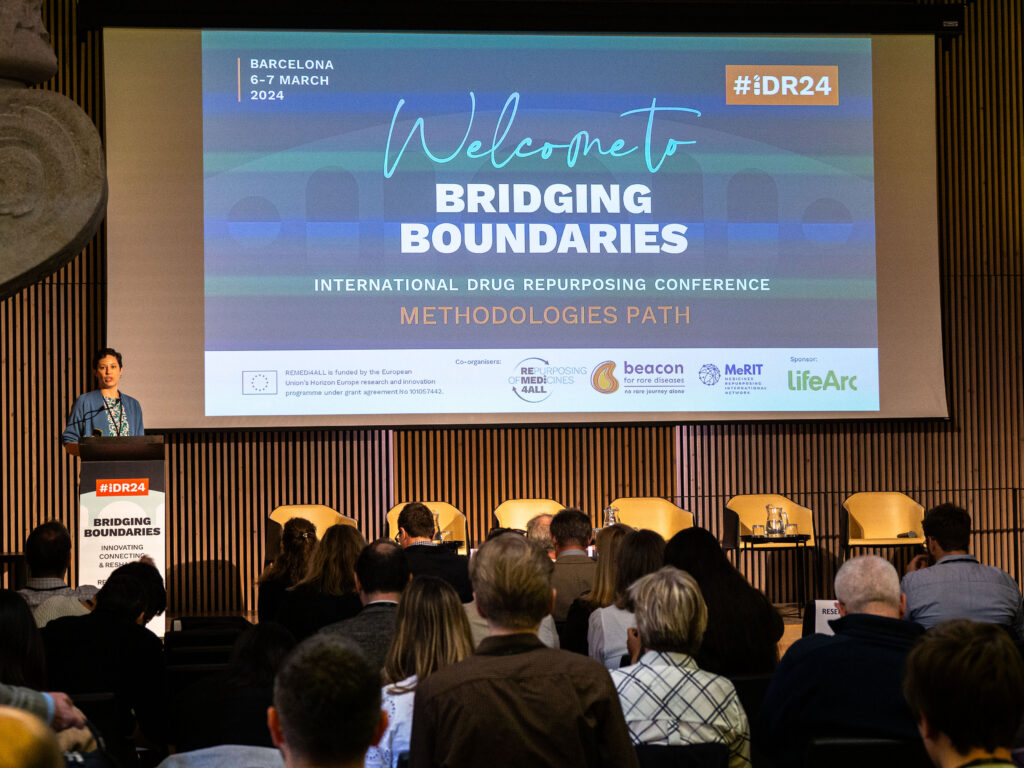
Fraunhofer, a renowned research organisation based in Germany, spearheaded a stream dedicated to drug repurposing methodologies. Engaging keynotes explored various themes, including the transition from discovery to clinic and the role of methodological advancements in unlocking the promises of drug repurposing. Johanna Huchting, a Postdoctoral Scientist at Fraunhofer ITMP Screening Port, highlighted the synergy among experts from different fields, stressing the need for innovative approaches to ensure the success of repurposing projects: “Drug repurposing needs innovative approaches in preclinical and translational research to turn repurposing projects into success stories for the benefit of all” she concludes.
Rare diseases
Led by the UK charity Beacon for Rare Diseases, a satellite stream addressed the evolving landscape of rare diseases and the transformative impact of drug repurposing in this field.
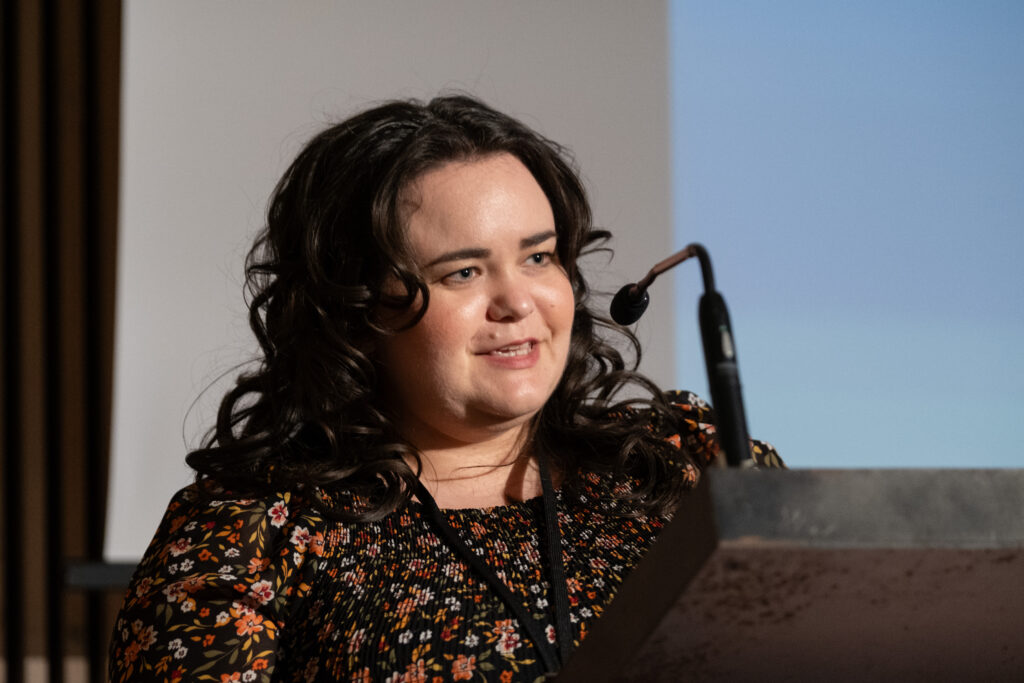
Speakers underscored the crucial role of cross-sector collaboration and patient-centric initiatives in addressing the challenges posed by rare diseases. Powerful testimonials from patients highlighted the real-world impact of repurposing efforts, emphasizing the need for streamlined access to newly repurposed treatments. According to Mary Rose Roberts, COO at Beacon for Rare Diseases, #iDR24 illuminated the transformative potential of drug repurposing in the rare disease community, emphasizing the importance of overcoming challenges to ensure patient access to life-saving treatments. “Speakers emphasised how success hinges upon cross-sector collaboration and placing the patient perspective at the forefront of all initiatives” declares Roberts.
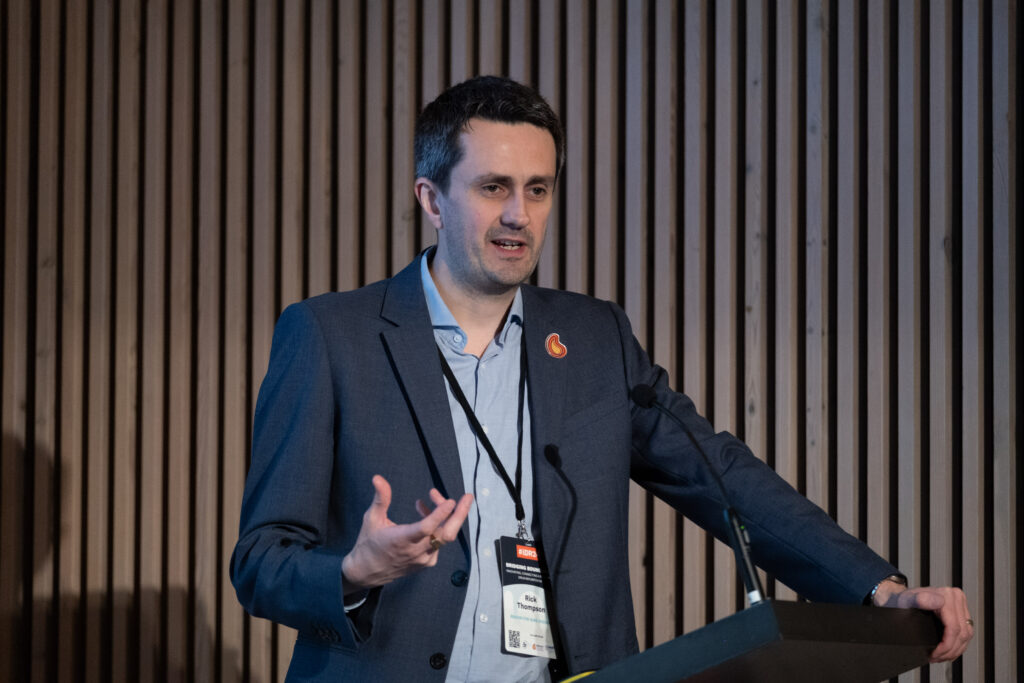
According to Beacon for Rare Diseases CEO, Rick Thompson “powerful testimonials from patients and advocacy groups highlighted the real-world impact of repurposing, with one speaker sharing a personal account of how a repurposed drug had saved her life”. Speakers stressed the need to look beyond the development stage and focus too on facilitating patient access to these newly repurposed treatments. As aptly stated by Shira Strongin, “a drug that works means nothing if you can’t get it to patients”.
In summary, #iDR24 showcased the collaborative efforts and innovative solutions driving advancements in drug repurposing across cancer, rare diseases, and methodologies. As the conference concluded, it left attendees motivated to continue their efforts to make transformative changes in patient care and treatment accessibility.
